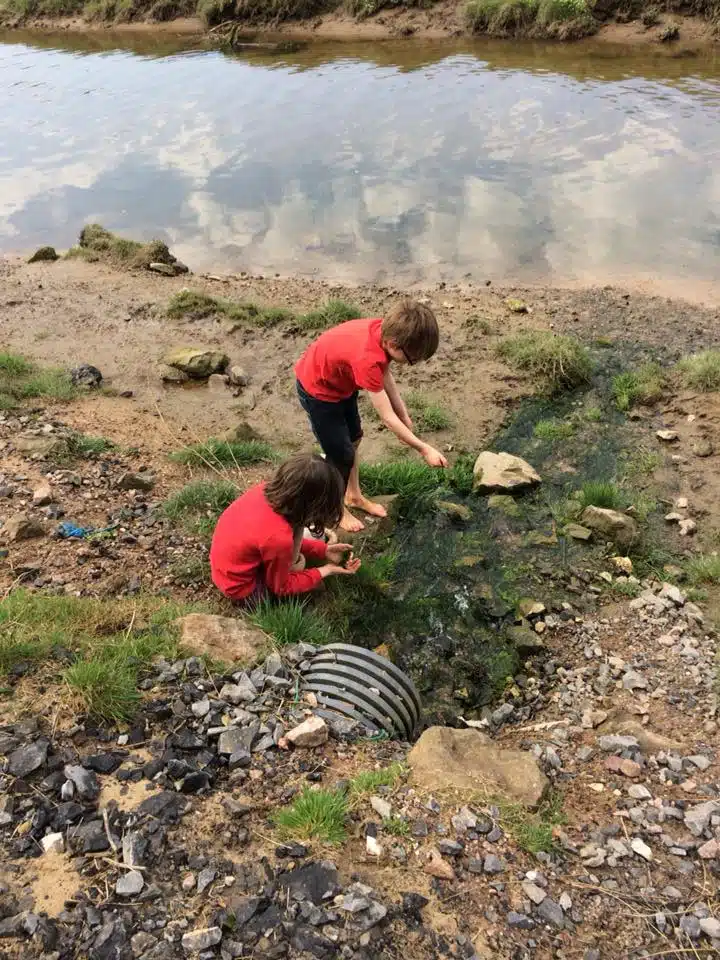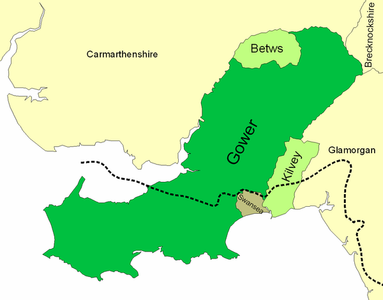Nature Days will be putting on regular teacher training events to help support teachers and teaching assistants in becoming more confident with outdoor learning
I have created a teacher training package which will provide you with all the skills you need to embed effective, meaningful, impactful outdoor learning in your school.
These sessions are suitable for school leaders in outdoor learning, class teachers, TAs and other school leaders.
The sessions will take you on a journey towards using your school grounds and local area to effectively teach the four purposes of the new curriculum for Wales. Each session builds on the last so that you will finish with an in-depth understanding of what outdoor learning is and how it can be used in your school. Each session will be supported by an in-school task to help you integrate aspects of the session into your school.
By the end of the course you will have a portfolio of ideas to share with your staff and a plan for taking the new curriculum for Wales and making it bespoke to your school’s outdoor space.
Sessions can be booked on separately.
Session 1: Starting out. How to teach a four purpose based curriculum through outdoor learning.
How outdoor learning can be used to support a four purpose led curriculum.
The advantages of using outdoor learning as a pedagogy.
Different approaches to outdoor learning.
Simple starting out activities.
Outdoor learning and the ethos of the new curriculum for Wales.
Session 2: Auditing what you do now and your school grounds. – Making the best use of what you have.
How to audit the resources you have available for outdoor learning.
How to zone your school grounds to make best use of the space for all year groups.
Outdoor learning skills audit of the staff.
Identifying barriers to outdoor learning.
Session 3: Barriers to outdoor learning and overcoming them. – Tips and tricks to make outdoor learning easier.
Session 4: Integrating outdoor learning into your planning. – Embedding outdoor learning into teaching.
Session 5: A whole school approach – Systemic changes to embed outdoor learning into your school. Creating an outdoor learning policy.
Session 6: Practical ideas to teach through outdoor learning. – Science and technology AOLE.
Session 7: Practical ideas to teach through outdoor learning. – Maths and numeracy AOLE
Session 8: Practical ideas to teach through outdoor learning. – Language, Literacy and communication AOLE.
Session 9: Practical ideas to teach through outdoor learning. – Humanities AOLE
Session 10: Practical ideas to teach through outdoor learning. – Expressive arts AOLE
Session 11: Practical ideas to teach through outdoor learning. – Health and Wellbeing AOLE
Session 12: Cross curricular project ideas to teach through outdoor learning. – Using the wider local area as well as school grounds.
Session 13: Assessment of learning and for learning in outdoor learning.
Session 14: Risk assessments and risk benefit analysis.
Session 15: Becoming sector leading in outdoor learning. – Putting outdoor learning at the heart of your school’s curriculum.
Session 16: Meaningful school trips. – Using learning outside the classroom experiences effectively.
Session 17: Undertaking meaningful field trips. – Planning and designing your own field trips.
Session 18: Progression and differentiation in outdoor learning. -The pedagogy of outdoor learning.
Session 19: School grounds developments. – How to use and develop your school grounds to support outdoor learning.
Session 20: Sharing best practice. Discussion of what has worked in your journey of embedding outdoor learning into your school.















